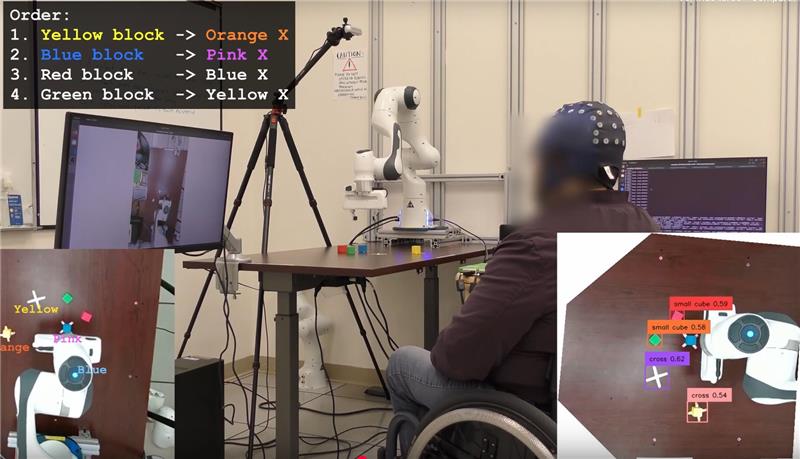Global limit on carbon storage capacity in geological formations estimated
The planet's capacity to store carbon emissions in geological formations is 1,460 gigatons, according to a study published in the journal Nature. This ceiling is likely to be reached by 2200 under current global warming mitigation scenarios, so, according to the authors, countries should reconsider the role of carbon storage in their plans to reduce emissions.









